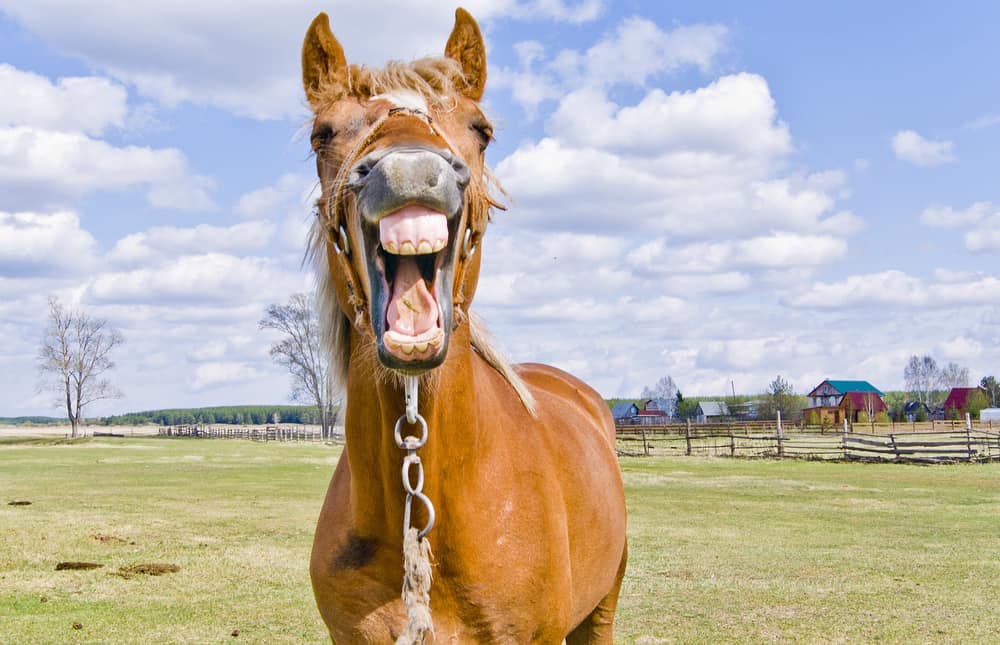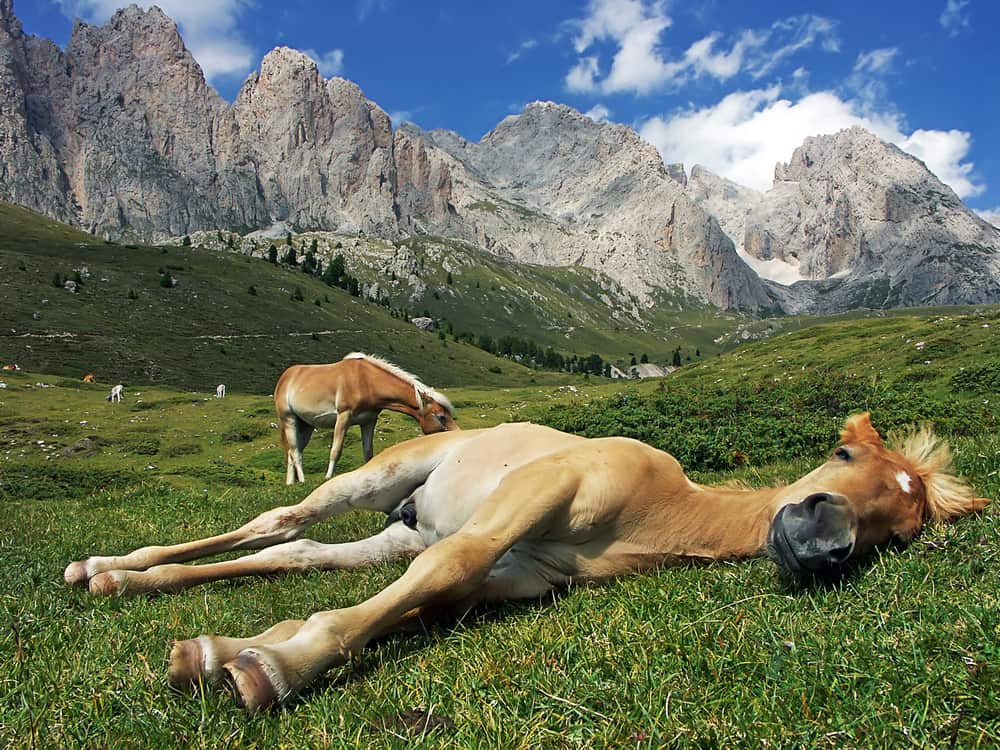
History
Horses have been around for thousands of years now and were originally herded for their skins, meat and even milk. According to some evidence, horses were domesticated 5,000 years ago – substantially less than many other farm animals including goats, sheep and cattle. Horses evolved over the past 45 to 55 million years from a small multi-toed creature into the large, single-toed animal we see today. Horses are believed to have first been domesticated in the steppes of Eastern Ukraine and Central Russia, as people started to lead a more nomadic lifestyle. Two general groups of horses developed from the small animals that were first domesticated: “The hot-blooded” southerly Arab-Barb types and the northerly “cold-blooded” types.
The horse (Equus Caballus) has had a very big impact on human society more than any other animal. Historically, horses have been used in war, in work, travel and leisure, and are still a very important part of civilisation today.
Life Span
On most cases, the average life span of horses is 20-25 years but many horses go well beyond this average if they are treated well with basic maintenance such as feed, dental and hoof care.
Distribution and Habitat
Przewalski’s horse (Equus Przewalskii) is the only true wild horse left today that is untamed. Unfortunately, this species is listed by the IUCN as ‘Extinct in the Wild’, although there are also specimens in zoos. Original horse populations were once found in the steppe regions at the bottom of the Black Mountains, Eurasia. Domesticated horses occur throughout the world and some are still living in the wild but many are now in captivity.
Behaviour in the Wild
Horses usually live in harem-based (group) environments, with males (stallions) dominating a flock of females (mares). Once male horses reach adulthood, they join bachelor herds until they can gain ownership of a harem. Horses are herd animals, so they like living with other animals. Horses love to eat grass, although if they are domesticated, their diet is supplemented with grain.

What’s it like to keep a horse as a pet?
Pros
- Horses are very loving companions.
- You can learn to ride a horse and compete in various sports and events at international or local level.
- Horses can be trained and can help you develop a career earning thousands of pounds.
- Horses are habitual learners.
- Horses smell good. Specially after a bath and brush.
- Horses can help teach you a lot of life lessons such as responsibility, money and time management.
Cons
- Horses cost a lot of money to buy and maintain regularly (you will need a good income).
- Owning a horse can be really dangerous if they are left untrained – they need lots of attention.
- Horses eat a lot of food and need time dedicated to them EVERY day.
- Horses must be cleaned out once or twice a day if kept in a stable and need a field to exercise in too.
- Horses must get new shoes on a regular basis, especially if they are competing. This can often prove expensive.
Horses have an incredible 360 degree vision but they have blind spots directly in front of them.
You don’t want to stand behind a horse as they are liable to kick out if they get scared as kicking out is one of their natural ways of defending themselves.
In record books, the oldest horse, Shayne, a chestnut Irish Draught, lived for 51 years. Amazing!